ISLAMABAD: With their rich cultural heritage and diversity of languages and traditions, member states of the Economic Cooperation Organisation (ECO) offer a foundation for fostering mutual understanding, regional integration and sustainable development.
This was observed by speakers at a seminar on “Fostering cultural harmony: celebrating diversity among ECO member states,” organised by the ECO Cultural Institute, Ministry of National Heritage and Culture Division, and the Institute of Peace and Diplomatic Studies.
They said embracing this diversity not only strengthens diplomatic and cultural ties but also paves the way for economic collaboration and social cohesion, positioning the ECO region as a global model for harmony through diversity.
The speakers underscored the vital role of cultural diversity in fostering unity and regional integration. The discussions revolved around leveraging the rich cultural tapestry of the ECO region to enhance mutual understanding, regional harmony, and shared prosperity.
Pakistan committed to ECO’s vision and its role as a bridge between South and Central Asia, says PM’s aide
Dr Farhat Asif, IPDS President, emphasised the significance of cultural diplomacy as a bridge connecting the ECO member states and highlighted Pakistan’s pivotal role in promoting cultural exchange within the ECO framework, celebrating the nation’s rich heritage and its commitment to fostering regional harmony.
Dr Saad Khan, ECO Cultural Institute President, stressed the importance of preserving the region’s shared cultural heritage and pointed out that ECO, as a platform, had nurtured a sense of belonging and cooperation among its member states. He urged for further investments in cultural initiatives that strengthen bonds and celebrate the unique traditions and values of the region.
Rana Ihsaan Afzal Khan, Coordinator to the Prime Minister, said cultural harmony was a cornerstone of sustainable regional integration and stressed the need for continued dialogue and collaborative efforts to protect and promote the shared heritage of the ECO member states. He also highlighted Pakistan’s commitment to ECO’s vision and its role as a bridge between South and Central Asia.
Dr Avazbek Atakhanov, Ambassador of Kyrgyzstan to Pakistan, reflected on the historical ties between ECO member states, emphasising that the shared cultural and historical legacy offers a strong foundation for regional solidarity.
Khazar Farhadov, Ambassador of Azerbaijan to Pakistan, highlighted Azerbaijan’s commitment to promoting cultural diplomacy within the ECO framework and stressed the importance of leveraging the region’s cultural wealth as a tool for peacebuilding and fostering sustainable development.
Dr Eynulla Madatli, Executive Director, Institute of Philosophy, Azerbaijan National Academy of Sciences and former ambassador of Azerbaijan, said interplay between cultural heritage and regional stability is an important aspect, and underscored the need to protect intangible cultural heritage.
Nurlan Smagulov, Deputy Head of Mission at the embassy of Kazakhstan, focused on Kazakhstan’s efforts in promoting cultural initiatives that highlight the region’s diversity.
Majid Meshki, Cultural Counsellor at the embassy of Iran, spoke about the deep historical and cultural connections between Iran and the ECO member states and emphasised the unifying power of art, particularly calligraphy, as a medium to foster dialogue and understanding across cultural boundaries.
Dr Samina Yasmeen Amin, Chairperson of the Department of Pakistan Studies at AIOU, offered a scholarly analysis of the role of education in promoting cultural understanding and highlighted the need for incorporating cultural studies into academic curricula to nurture a sense of shared identity among future generations of the ECO region.
Mirsaid Rahmonov, Senior Researcher at the Institute of Asian and European Studies, Tajikistan National Academy of Sciences, shared insights on Tajikistan’s cultural contributions and the importance of preserving historical artifacts and traditions as a legacy for future generations.
Published in Dawn, January 7th, 2025
















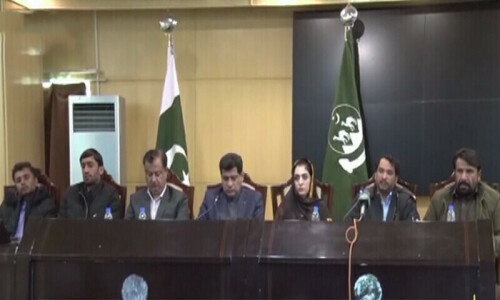




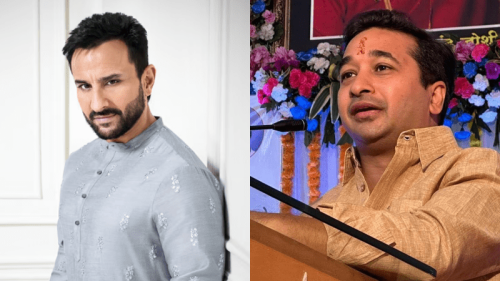













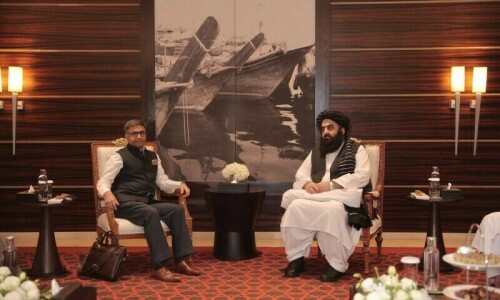
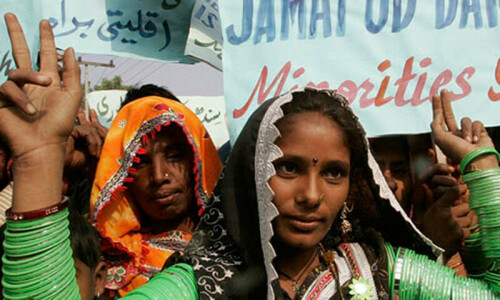
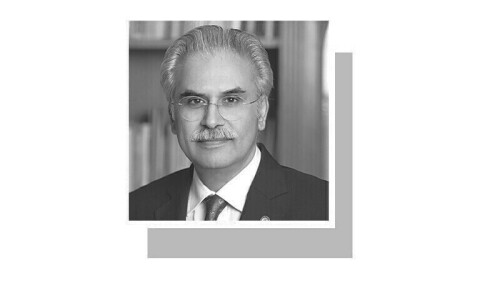

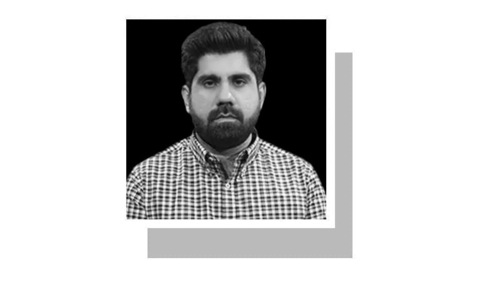
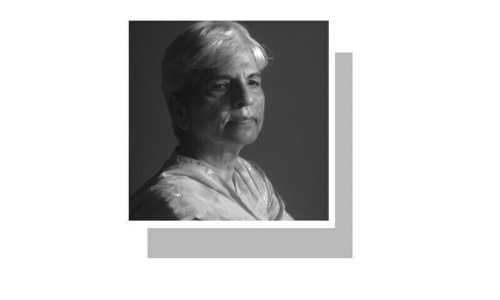



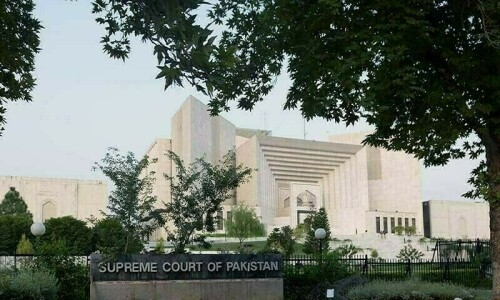

Dear visitor, the comments section is undergoing an overhaul and will return soon.